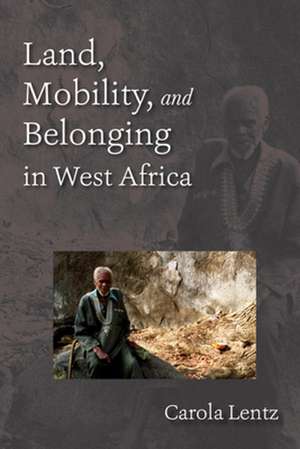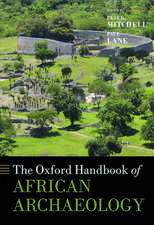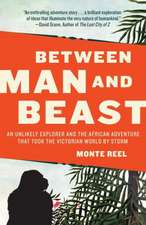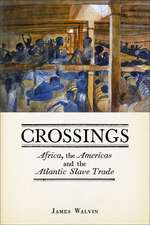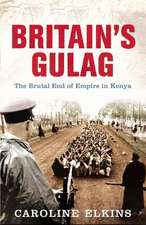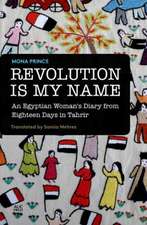Land, Mobility, and Belonging in West Africa
Autor Carola Lentzen Limba Engleză Paperback – 4 iul 2013
| Toate formatele și edițiile | Preț | Express |
|---|---|---|
| Paperback (1) | 239.65 lei 43-57 zile | |
| MH – Indiana University Press – 4 iul 2013 | 239.65 lei 43-57 zile | |
| Hardback (1) | 507.74 lei 43-57 zile | |
| MH – Indiana University Press – 4 iul 2013 | 507.74 lei 43-57 zile |
Preț: 239.65 lei
Nou
Puncte Express: 359
Preț estimativ în valută:
45.87€ • 49.84$ • 38.56£
45.87€ • 49.84$ • 38.56£
Carte tipărită la comandă
Livrare economică 21 aprilie-05 mai
Preluare comenzi: 021 569.72.76
Specificații
ISBN-13: 9780253009579
ISBN-10: 025300957X
Pagini: 348
Ilustrații: 17 maps
Dimensiuni: 151 x 228 x 22 mm
Greutate: 0.43 kg
Editura: MH – Indiana University Press
ISBN-10: 025300957X
Pagini: 348
Ilustrații: 17 maps
Dimensiuni: 151 x 228 x 22 mm
Greutate: 0.43 kg
Editura: MH – Indiana University Press
Cuprins
Preface; Introduction1. Pushing Frontiers: The Social Organisation of Mobility; 2. Staking Claims: Earth Shrines, Ritual Power and Property Rights; 3. Setting Boundaries, Negotiating Entitlements: Contested Borders and 'Bundles' of Rights; 4. Ethnicity, Autochthony and the Politics of Belonging; 5. History vs. history: Contemporary Land Conflicts in a Context of Legal and Institutional PluralismNotes; References; Index
Recenzii
"Illuminates the distinctive historical trajectory of land claims, authority, and belonging among the Dagara and Sisala peoples of the Black Volta region, and locates this specific case history within broader debates over transformation in access, use, and control over land in colonial and postcolonial Africa." - Sara Berry, Johns Hopkins University "Important in the sense that it constitutes a detailed historical study of how complex narratives of belonging and notions of property interlock.... It is academic work of the first order." - Christian Lund, Roskilde University
Notă biografică
Descriere
Explores how rural populations have secured, contested, and negotiated access to land and how they have organized their communities despite being constantly on the move as farmers or migrant labourers
